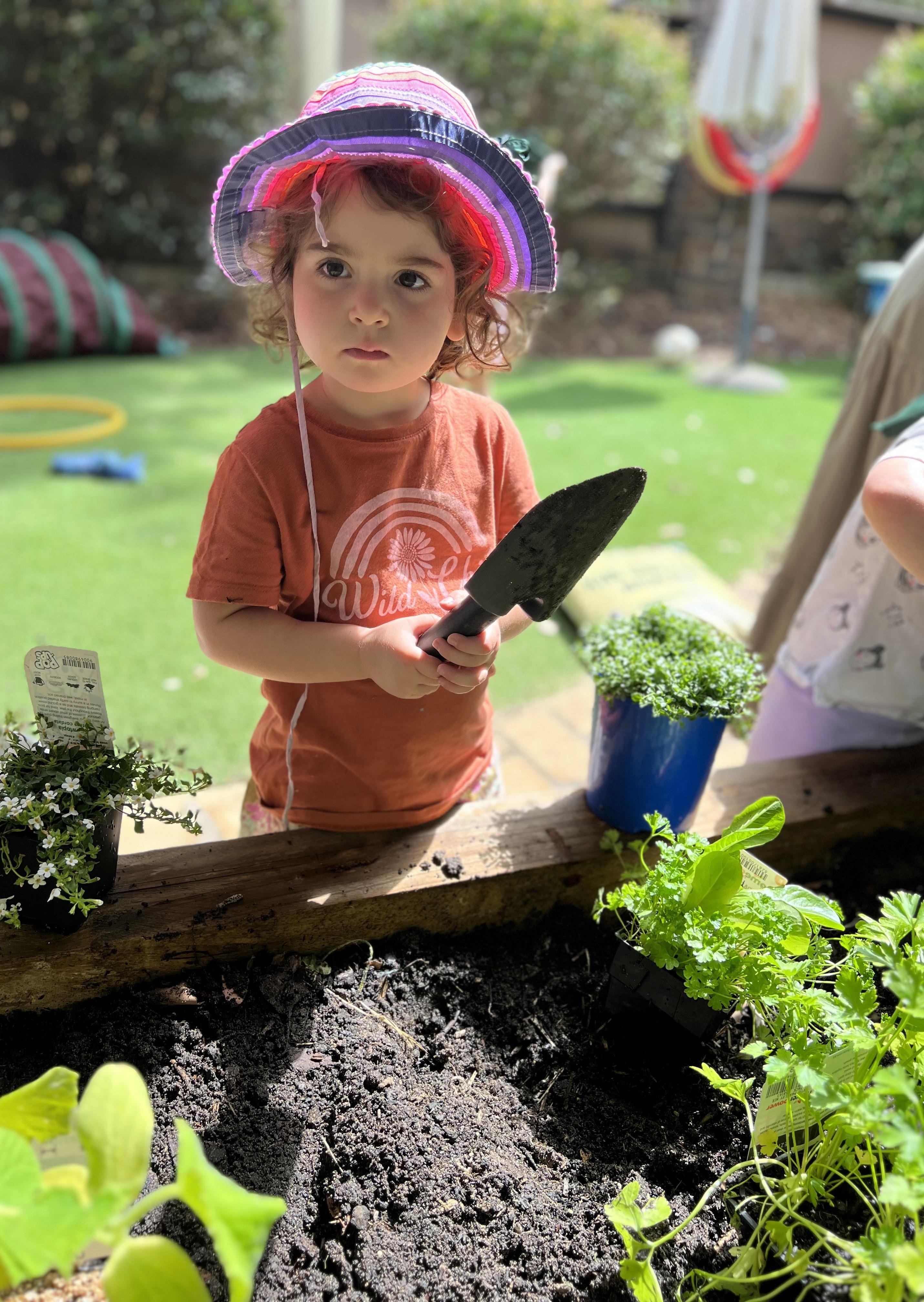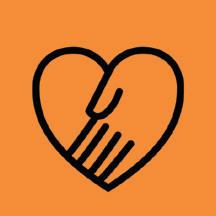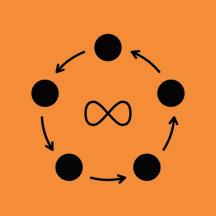
1 minute read
What we value
Choosing the right school and community for your child and family is one of the most important decisions you will make. What we value reflects how we will help your child to develop their own values, how they will see and approach the world and how ultimately their decisions will inform the young adult they will become.
We value respectful relationships

Respect matters.
Your child will be encouraged to value their relationships by including others appropriately. We place a high value on acknowledging the views and needs of others, and acting with empathy and compassion. This includes advocating for and acting with integrity and with consent in relationships.
“The world rests on three principles: on justice, on truth and on peace. And all three are intertwined – when justice is done, truth is served, and peace ensues.”
We value discernment
Making decisions, weighing up different options and forming a position on various issues are important life skills, requiring keen insight and good judgement. We will encourage your child to listen carefully, to research diligently and to think critically. This forms the basis of making evidence-based, informed, and ethical decisions and provides sensitive and considered feedback.
“You graciously endow mortals with intelligence, teaching humans understanding. Grace us with knowledge, wisdom, and discernment.”
From the Amida, the first petitionary blessing
We value sustainability
We value growth

Your child’s learning journey involves intellectual, social, emotional, and spiritual growth.

We will encourage them to pursue and create opportunities to grow themselves and others. We will challenge them to explore their abilities and passions and achieve to their potential. We value lifelong learning and a mindset that challenges assumptions and the status quo.
“You shall love Adonai your God with all your heart, with all your soul, with all your vigour.”
Second verse of Shema
Your child will face the challenge of meeting their own needs without compromising the ability of others to meet their own needs in the future. We will encourage them to make decisions to protect our natural resources as well as our social and economic resources. They will also learn that sustainability is also about investing in self-care and reflective practice.
“When the Blessed Holy One created the first human, God took them and led them around all the trees of the Garden of Eden and said to them: ‘Look at My works, how beautiful and praiseworthy they are! And all that I have created, it was for you that I created it. Pay attention that you do not corrupt and destroy My world: if you corrupt it, there is no one to repair it after you’ “.
Midrash (Ecclesiastes Rabbah 7:13)








